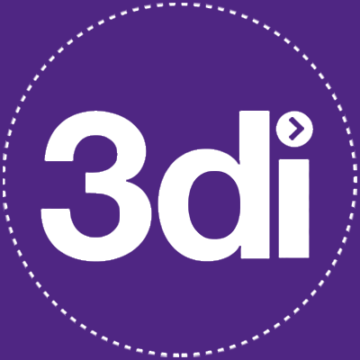The fifth edition of Write2Users Conference, organized by the Danish company Write2Users, was an intense tech comm feast, filled with all sorts of practical and theoretical knowledge, news, ideas, insights and discussions. From technical aspects of working in Flare, to SF-like visions of Virtual Reality hitting the mainstream, the range of topics was as divergent as the speakers themselves – and just as full of inspiration.
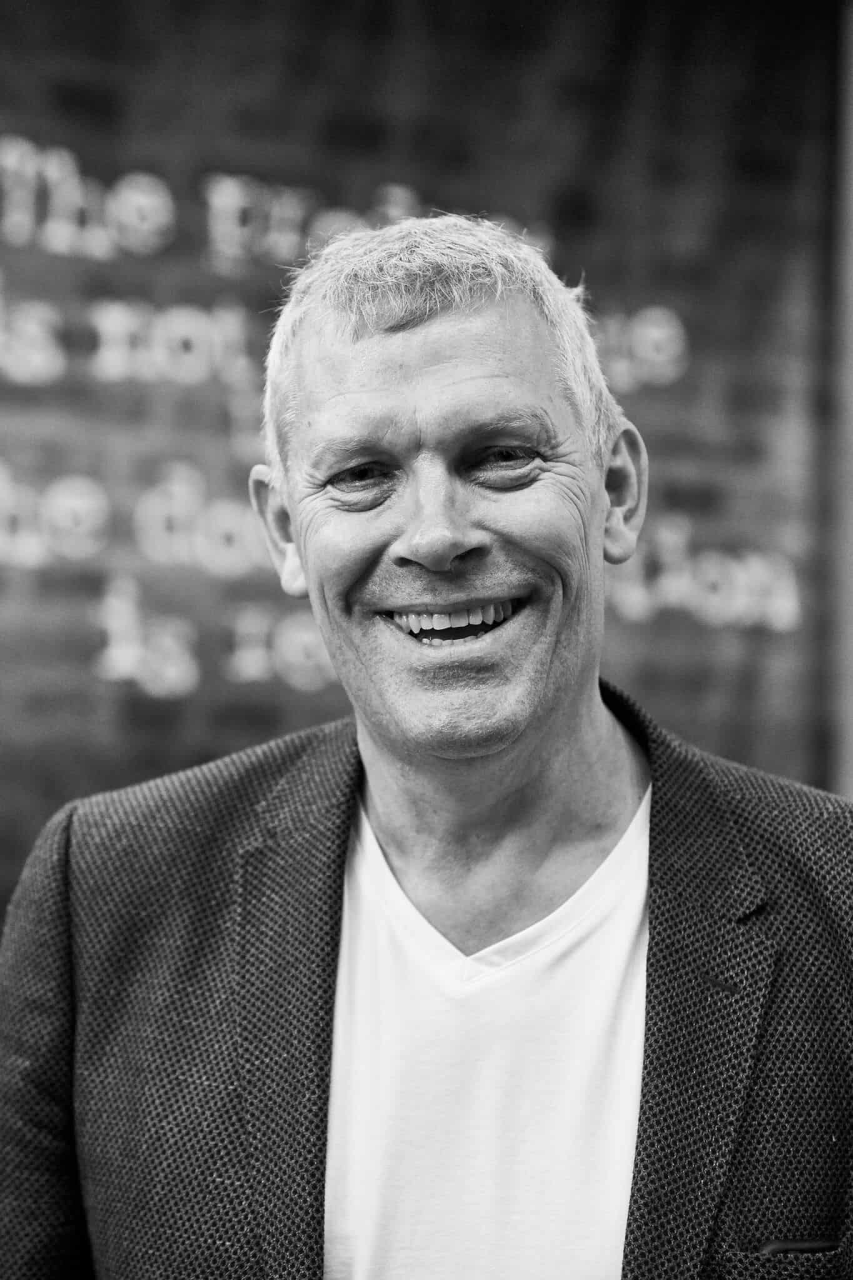
Welcome to the tech comm jungle
Placing an event of this sort at a zoo may sound mad, but in fact, the Copenhagen wildlife park is the best place for any conference, period. After a few hours of focused brainstorming, there’s no better way to reset your mind than looking straight into an okapi’s eye, or taking a selfie with a polar bear. Each participant enjoyed free, unlimited zoo entrance included in the conference ticket, but even during workshops you could literally see camels walking right outside the window.
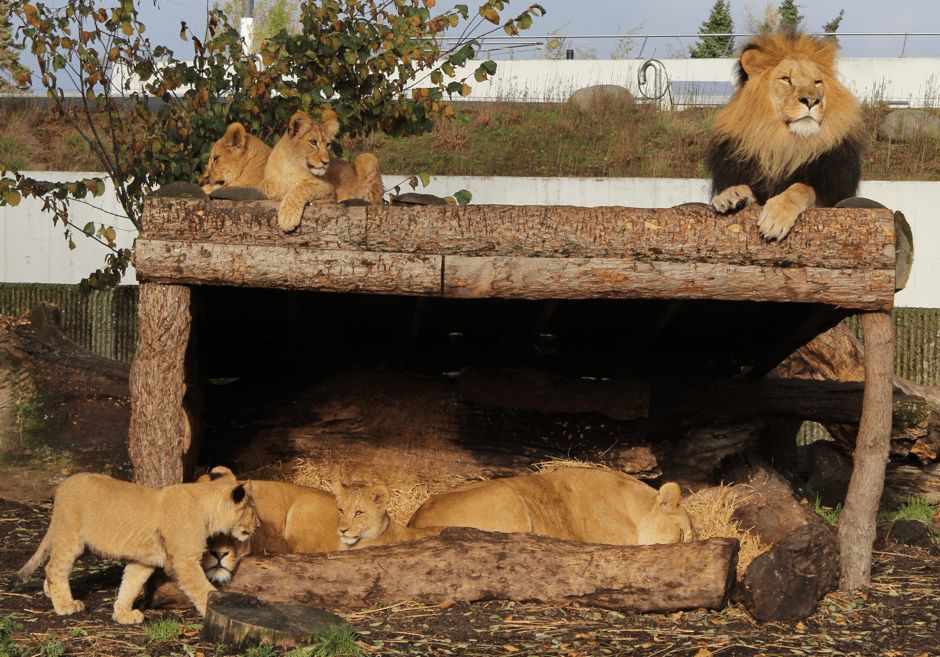
In fact, all the background treats, including a constantly well-equipped buffet, multi-option lunches, hip print materials or the presence of the official conference photographer, proved that the whole conference was very well-organized. The schedule was intense but not overwhelming, there was always time to take a breath (or do some bird-watching), and the decision to divide the conference into MadWriters (2 days) and Localization Focus (1 day) parts proved great, even though some minor schedule changes occurred.
Digging into Flare
There’s no doubt that the two-day MadWriters part of the conference was primarily aimed at people interested in Flare. Still, there were some participants not familiar with the tool and they weren’t bored either, be it due to more general nature of some talks or the open approach of the speakers that always took Flare new-comers into account and explained basic concepts when needed.
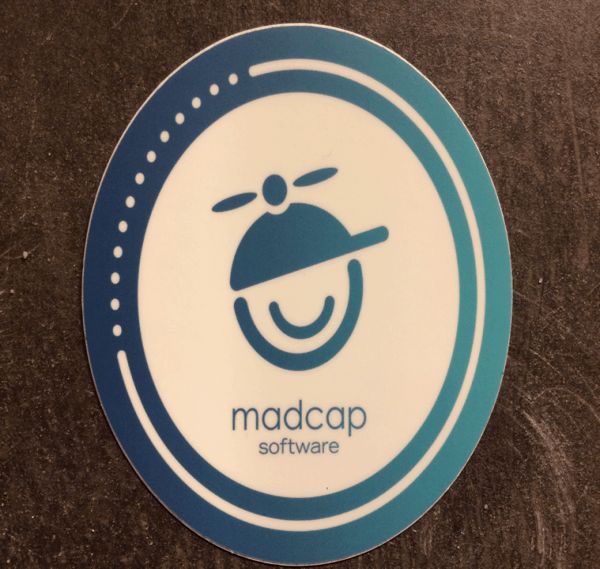
One of the MadWriters “headliners” was Scott DeLoach of Clickstart, a recognized Flare expert from the sunny beaches of Florida. He opened the conference with an inspirational and intertextual talk, entitled The DNA of Technical Communication. The presentation, full of references to figures like Hunter S. Thompson, Rainer Maria Rilke or C.S. Lewis, pointed at the traits that make tech writers stand out from other professions: the ability to learn, listen and organize, all of which are less common and more valuable than one may think. A great choice for an energetic conference launch.
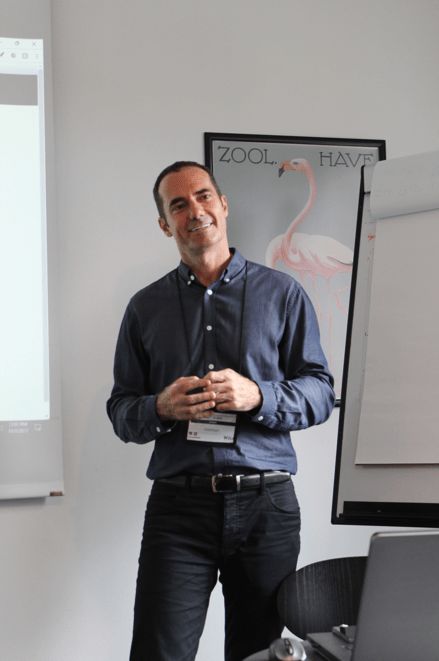
The two MadWriters days featured also MadCap workshops, ran by Scott DeLoach, Per Harbo Sorensen, the energetic Thomas Bro-Rasmussen and one of the organizers – Per Frederiksen. They may not have been exactly classic hands-on Flare classes, but they definitely contained lots of practical knowledge and real-life examples. Each of them sparked a lively debate on various down-to-earth aspects of working in Flare, such as enhancing your web help with jQuery, co-operating with localization teams, or numerous Flare goodies, pain points, tips and tricks (As long as you can do it in CSS, you can do it in Flare). We could also hear about the Danish Flare User Group (the Polish Flare User Group send their regards!) and catch some hot MadCap news.
Want to find out more?
Docs vs. people
The MadWriters days were by no means limited to Flare alone, though.
Matthew Ellison gave a marvellous talk on testing real-life online help on actual users. His presentation really challenged our common tendency to focus on theory rather than practice, as we could see how merciless people are to things such as a poorly performing site search. The talk was eye-opening, somewhat painful, but fun!
Cherryleaf’s Ellis Pratt reflected on how working in Agile influences tech writers’ everyday life. Drawing from documentation practices employed by companies such as eBay or Salesforce, Ellis analysed some of the pain points and opportunities stemming from doing tech comm the Agile way, smuggling lots of smart remarks of general nature into his talk, such as: We, technical communicators, are terrible at measuring the value of what we do. We are, aren’t we?
In absence of Mattias Sanders, Ellis gave also another talk on Documentation as self-service support, which discussed the old WordPerfect editor, chatbots, just-in-time (as opposed to just-in-case) documentation and making use of Quora or Stack Exchange for providing technical support.
VR, MT, ATR and other types of magic
Localization Focus was definitely the most diversified day of the conference. It started with Michael Harboe of Virsabi presenting a lively vision of augmented and virtual reality hitting the mainstream IT industry, and predicting how tech comm is going to evolve in new directions, completely different from what we’ve known so far. After the talk, we could even test VR sets on our own heads.
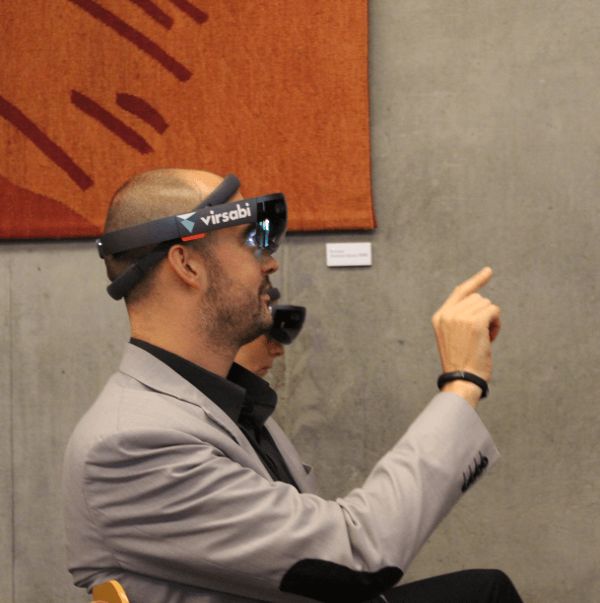
When Anders Sogaard from University of Copenhagen took over the stage, the mood changed into that of academic science, as the speaker dived quite deep into the domain of machine translation. Being a hot topic these days, machine translation develops very fast, but… still has a long long way to go. Anders showed us frequent limitations of current MT solutions and explained why training a neural network is not as easy as it seems.
The talks were followed by workshops, one of which focused on ATR (Automatic Terminology Extraction). Jakob Halskov, a Danish data scientist and a speaker of Korean and Japanese, showed us various approaches towards ATR, as used in medical sciences, law or business. We could learn about tools such as Terminology-as-a-service, hear about downloading the whole Wikipedia content in all available languages just to get the right-size multi-language corpus, or discuss practical aspects of different ATR tools.
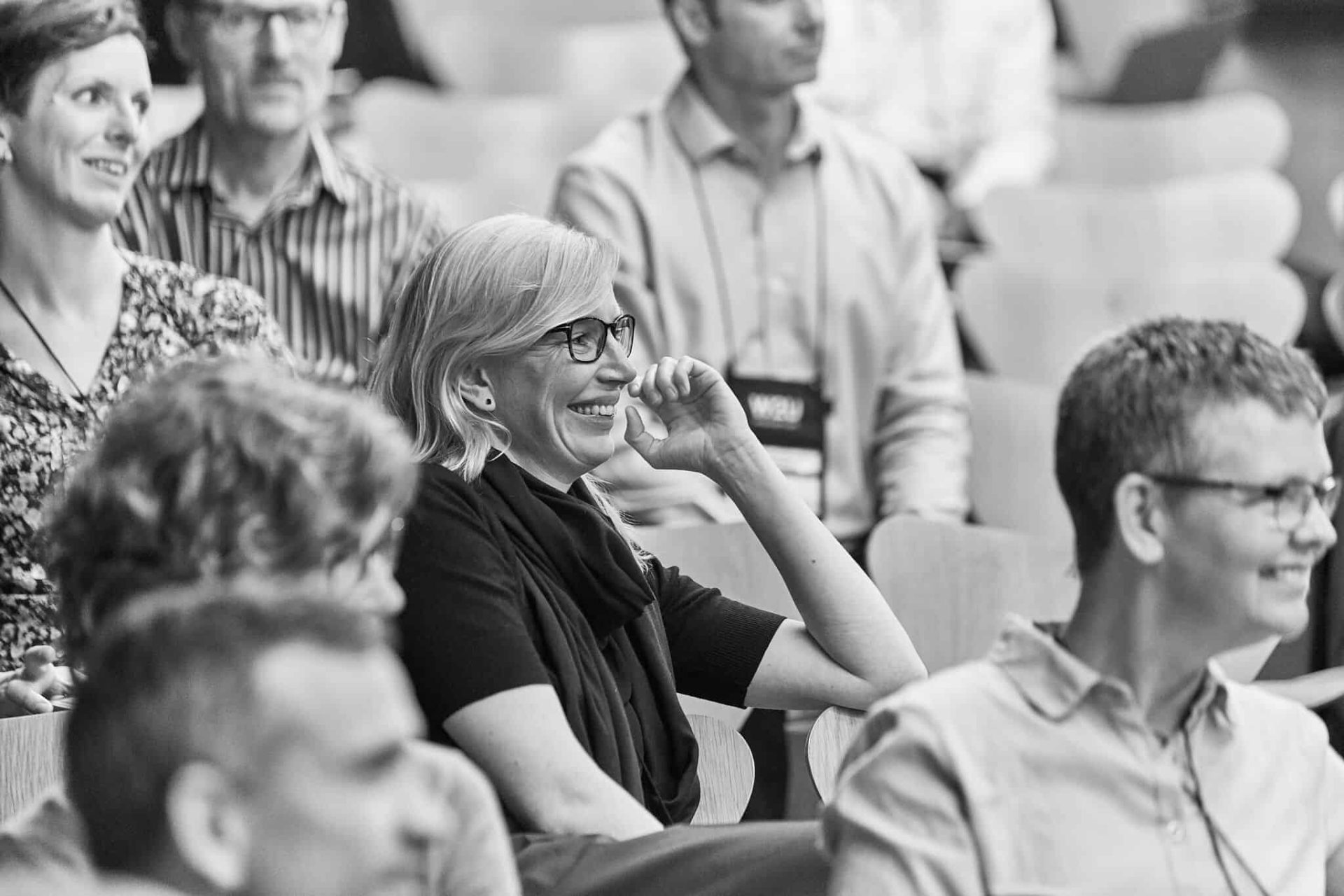
A great talk on international SEO featured Steen Schnack (of LanguageWire) sharing his practical knowledge on localized sites’ rankings and explaining how Google’s RankBrain deals with them. It seems that the basic rules stay the same: original content and high-quality localization are still the main factors improving your Google rankings. Still, there are lots of technical details that might influence them as well, so plan your localization efforts carefully and always think twice about translating URLs.
Danish tech comm thrives
This year’s Write2Users Conference proved to be one of the shiniest spots on the European map of tech comm events. Well-organized, diverse and dynamic, it attracted people of various nationalities and areas of expertise, which resulted in a great mix of intellectual input and professional knowledge exchange. The zoo didn’t mind tech writers walking its grounds, and for sure tech writers didn’t mind the zoo – chimpanzees and spoonbills seem to boost your brain’s processing power.
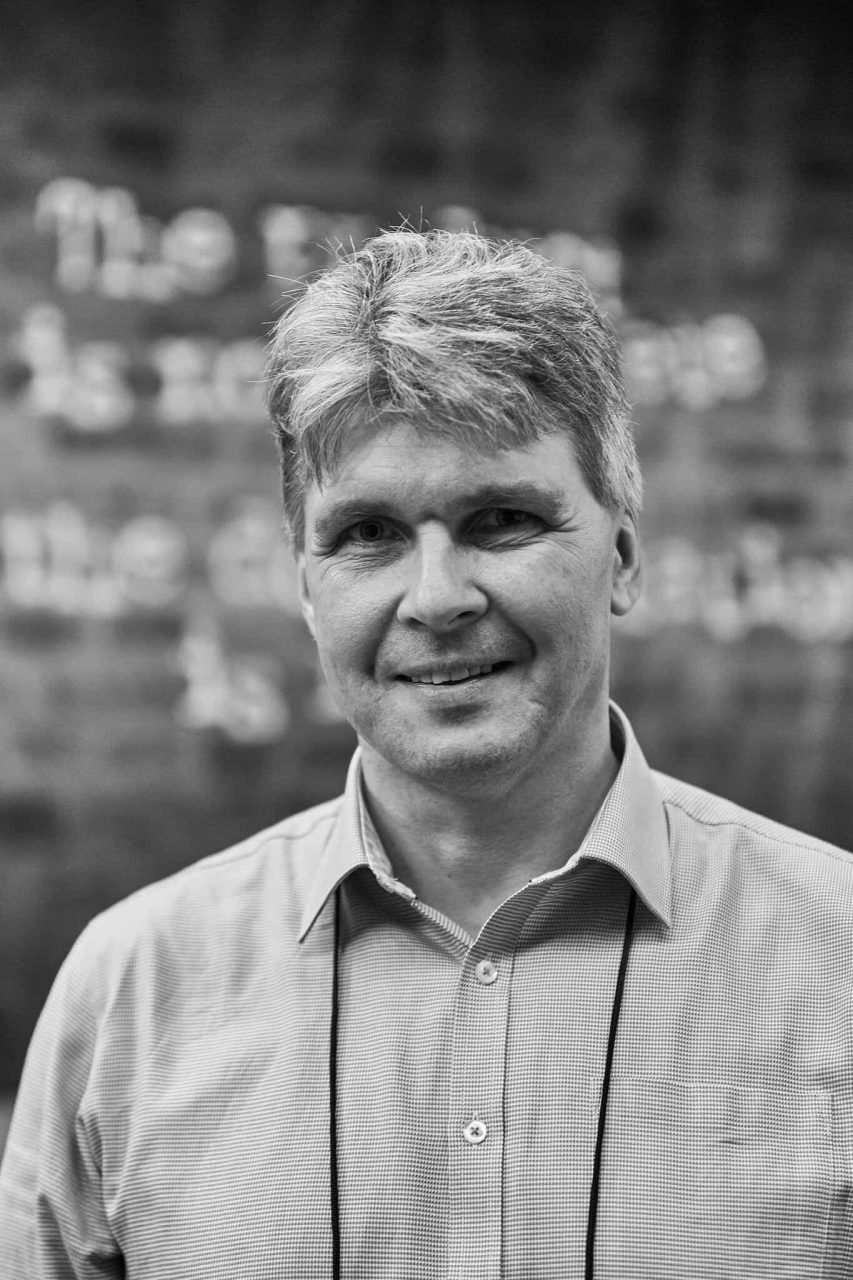
Tekom Danmark, the Danish Flare User Group, and the Write2Users conference are enough to conclude that Danish tech comm community is alive and kicking.
